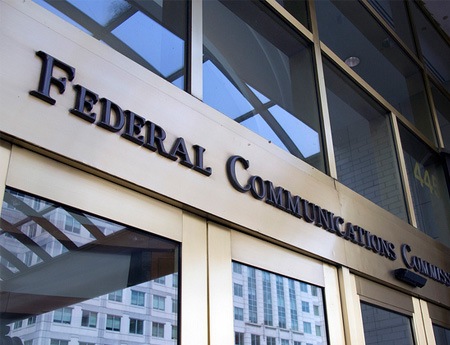ACA, NCTA Rebut Presumption Arguments

The smarter way to stay on top of broadcasting and cable industry. Sign up below
You are now subscribed
Your newsletter sign-up was successful
The American Cable Association and the National Cable & Telecommunications Association have filed the latest round of briefs with the U.S. Court of Appeals for the D.C. Circuit, backing the FCC's June 2015 decision reversing its presumption that local cable operators are not subject to effective competition.
A finding of competition relieves operators of basic tier rate regulations.
In their brief, filed Feb. 16, ACA and NCTA said the FCC's decision to make franchise authorities petition to retain that regulation was a reasonable implementation of the Communications Act, was consistent with the relevant statute, squared with current market realities, and to retain the previous presumption would likely have been arbitrary and capricious.
For that last point, the pair evoked the same court's 2009 decision that the cable ownership cap was arbitrary and capricious.
"Just as 2009 marketplace conditions no longer supported the continued imposition of a nationwide ownership cap, today’s even more competitive video distribution marketplace could not have supported the ongoing application of a presumption of no effective competition from 1993."
The presumption had been that cable systems were not subject to competition, and were subject to basic cable rate regulation, unless the cable operator could prove otherwise. But after the STELAR satellite act directed the commission to take steps to ease the burden on smaller cable ops of rebutting that presumption, the FCC instead decided to reverse it given that it had granted virtually all of the cable operator requests for a finding of effective competition over the past several years, based primarily on the near iniquitousness of satellite competitors, and mostly without objections from local authorities.
Those local regulators, joined by the National Association of Broadcasters, challenged the FCC decision in court last August. In their brief to the court in December, broadcasters and the National Association of Telecommunications Officers and Advisors, said it was irrational for the FCC to presume that a cable system faces effective competition in the 23,000 franchise areas not previously found competitive based on the market shares of competing providers. They also said the FCC was wrong in interpreting the STELAR mandate to ease the effective competition process for smaller operators as a mandate to "abolish" the process for all operators.
The smarter way to stay on top of broadcasting and cable industry. Sign up below
In their brief, ACA and NCTA beg to differ.
"[T]he FCC acknowledged what has long been apparent in the cable industry—that, in an increasingly vibrant and competitive video distribution marketplace, it no longer makes sense to maintain a decades-old presumption that cable operators do not face effective competition...”
They also argue that the record shows that there is effective competition in every Nielsen DMA. "Against this backdrop, the administrative and financial burdens imposed on cable operators by the prior presumption—and the departure from Congress’s preference for competition over regulation—[have] become wholly unjustifiable....Cable operators were increasingly forced to incur significant costs simply to petition for a ruling that confirmed the obvious—that DBS, telco, and other distributors were successfully obtaining and retaining customers in the relevant cable franchise area."
Broadcasters are worried that in markets deemed to be competitive, "cable operators are likely to deny any obligation to carry broadcasters who have negotiated retransmission consent agreements on the basic service tier that must be offered to every subscriber." Cable operators have pointed out that has not happened in the hundreds of markets deemed to be competitive in recent years.
Contributing editor John Eggerton has been an editor and/or writer on media regulation, legislation and policy for over four decades, including covering the FCC, FTC, Congress, the major media trade associations, and the federal courts. In addition to Multichannel News and Broadcasting + Cable, his work has appeared in Radio World, TV Technology, TV Fax, This Week in Consumer Electronics, Variety and the Encyclopedia Britannica.

